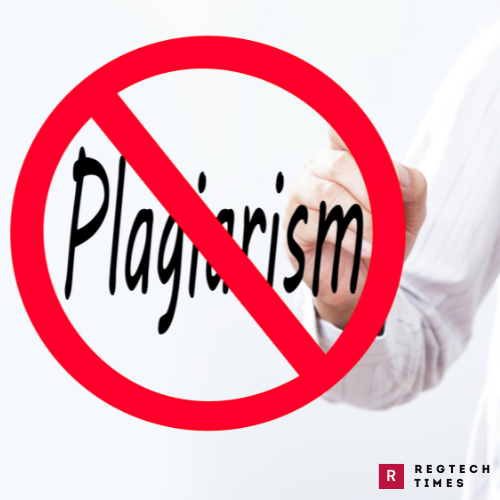In the world of academia, integrity is paramount. It is the cornerstone upon which scholarly work is built. However, recent allegations of plagiarism against two Deans of Diversity, Equity, and Inclusion (DEI) at the Massachusetts Institute of Technology (MIT) have sent shockwaves through the academic community, raising questions about the sanctity of academic integrity.
Understanding Plagiarism
Before delving into the allegations, it’s important to understand what plagiarism is. Plagiarism is the practice of using someone else’s work or ideas without giving them proper credit, often with the intent of passing them off as one’s own. In academic circles, this is regarded as a grave breach of ethics. It undermines the very essence of scholarly work, which is built on original thought and rigorous research.
The Accused
Tracie Jones-Barrett and Alana Anderson, the two DEI deans in question, were hired by MIT in 2021 amidst the George Floyd protests and the broader racial reckoning within higher education institutions. Their roles were seen as crucial in fostering an inclusive and equitable academic environment. However, a lawsuit now alleges that both Jones-Barrett and Anderson plagiarized significant portions of their dissertations, casting a shadow over their credibility.
The Role of a Dissertation in the MIT Plagiarism Scandal
A dissertation, which is at the heart of these allegations, is a long piece of writing on a particular subject, especially one submitted for a doctoral degree. It’s an original contribution to the existing body of knowledge in a particular academic field. The process of writing a dissertation involves extensive research, critical thinking, and original thought. Any allegations of plagiarism in a dissertation are therefore taken very seriously.
The Allegations
The lawsuit points out numerous instances where each woman allegedly stole pages, passages, and ideas from fellow academics for their respective dissertations. The scale of the purported serial plagiarism, as outlined by Aaron Sibarium of The Free Beacon, is staggering. It paints a picture of academic dishonesty that is deeply concerning.
One of the most glaring instances highlighted in the complaint is where Anderson allegedly copied more than a full page of work from Mark Chae, a Pillar College counseling professor, into her thesis without citation. Anderson also appears to have taken words from Jarvis Givens, a professor at the Harvard Graduate School of Education. These instances of alleged plagiarism, if proven true, represent a serious breach of academic ethics.
Potential Consequences
If these allegations are substantiated, they could result in significant ramifications. Plagiarism violates academic integrity rules and can lead to penalties ranging from retraction of published work to loss of position. The universities involved are likely to investigate these allegations. The outcome of this investigation could have far-reaching implications for the individuals involved and the institutions they represent.
However, it is important to remember that these are allegations at this point, and the individuals are presumed innocent until proven guilty. The legal process must be allowed to take its course without prejudice. In the realm of justice, the fundamental principle dictates that individuals are presumed innocent until proven otherwise.
The Bigger Picture
This case serves as a stark reminder of the importance of academic integrity. It underscores the need for rigorous checks and balances in the academic world to prevent such incidents. It also raises questions about the hiring practices of institutions and the measures they take to ensure the credibility of their staff. Institutions of higher learning must strive to uphold the highest standards of academic integrity.
Conclusion
As we await further developments in this case, it is crucial to remember the potential impact of such allegations on the individuals involved and the institutions they represent. The academic community must stand firm in its commitment to integrity, fairness, and truth. This case serves as a reminder that the pursuit of knowledge must always be grounded in honesty and integrity.


